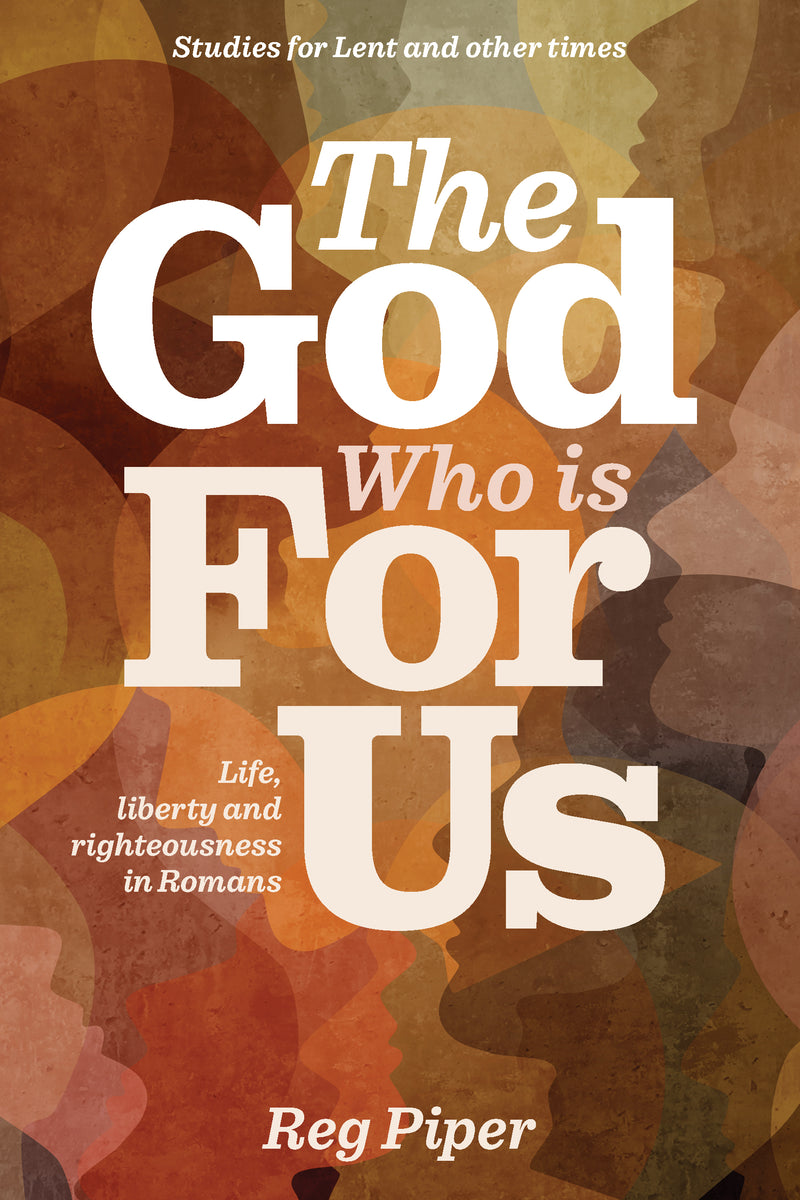
Combatting fear with the psalms
How David could sleep peacefully in the midst of trouble.
The most common command in the Bible is, ‘Don’t be afraid’. Jesus says, ‘Don’t worry’. You may hear that and think, ‘But I can’t help it!’
Fear is particularly difficult to combat, at least for some of us. If we are responsible for children, we can become even more fearful—about things like their health, safety and wellbeing, both now and in the future.
What is more, fear is so harmful. Fear can be crippling. It can rob your life of joy, and rob your will to do anything. Fear can keep you at home, in misery, too afraid to start anything new because of the way it hits you in the chest.
Yet, it doesn’t have to.
What David knew
Consider what David says in Psalm 3, at a time when he is surrounded by an enemy army. What’s more, it is the army of his own son who has rebelled and tried to usurp him—a son he would have worried about many times before. But in this context David writes a psalm that says:
‘I lie down and sleep;
I wake again, because the Lord sustains me.
I will not fear though tens of thousands
assail me on every side.’ (Psalm 3:5–6)
David’s trust in God was enough that he could sleep calmly, in the most stressful of circumstances.
David did it by knowing who God is. He says, ‘I will not fear’—not because the situation is not frightening, but because of his knowledge of God. David knows that he can cry out to God, and God will hear. Whatever the outcome, David knows that God will be on his side.
David, attacked by his own son, could well have felt very alone.
Except that he did not—for he knew that whatever else happened, God was on his side. ‘You are a shield around me’, was his way of describing it. God had proved, time and time again, that he was on David’s side. He had chosen David, raising him up to be king, and even through David’s betrayal and the consequences that David suffered, had remained with him.
God is on our side.
Our shield in a fallen world
Think for a moment what that means. It is not saying, ‘God will make sure everything in your life is comfortable and easy’. It is a fallen world. Bad things happen and will keep on happening for as long as this world lasts. It is a world under a curse—God’s curse, that he pronounced in fulfilment of his promise to Adam and Eve. He told them that if they ate from the tree of the knowledge of good and evil, they would die. If they trusted him, on the other hand, they could have lived forever in a paradise of fruitful work and blessed relationships. They did not; instead they ate of that tree.
They tried to make themselves gods of their own lives, the ones who would decide themselves what good and evil were, instead of listening to God’s authority on the matter. They had been created as the progenitors, the representatives of the human race, and they decided that the human race was better off without God.
We haven’t been. For all of history, we have seen the terrible consequences: the broken relationships we have with God, with the world, and with each other.
Yet, God did not abandon us. Through the long, long story of his grace to Abraham, to Israel, his ongoing and repeated promises of the salvation he was bringing came again and again. God would send a Saviour.
David knew he was part of that story, even if he didn’t know how it would end. He could see how God kept his promise to Abraham, the promise that Abraham would have thousands of descendants who would be God’s people, and that there would be a land for them to live in. David could remember how God had stayed with the Israelites, taking them out of slavery in Egypt and delivering them to the land, remaining faithful even when an entire generation rebelled against him.
What can we remember about God when we are facing trouble?
What we know
We can actually remember far more than David had available to him—for unlike David, we know how the story ends, and is still ending. We know that the whole of the Old Testament pointed forward to a salvation that was far greater than anyone imagined.
We know that God has taken the punishment for our rebellion, our sin, upon himself, when Jesus suffered death and took on the curse of God in all its awful condemnation. We know that even in this life, we can have every spiritual blessing possible; Jesus, by his spirit, is with us, always, in reality, now. Those in Christ are united to Christ, and genuinely in his presence, now. These blessings of salvation, forgiveness and the Holy Spirit are not just for us, but also for our children (Acts 2:39).
If David had reason to sleep, even in the midst of troubles, we have far more reason. We can trust God that he knows what he is doing. We can know that whatever suffering we or our children are going through, the purpose is good and the outcome will be good, and we can trust him. The suffering won’t last forever. Even in the worst of times, when we feel most alone and most helpless, God is on our side.
When we are troubled, or worried about circumstances, we can remind ourselves of truth about God. Think about what God has promised, and how wonderfully he has kept that promise.
That knowledge is real, and reminding yourself of it is effective. Write it down. Tell it to your children. Remind yourself of God’s love, and his character, and how trustworthy he is. Remind yourself that even if you can’t see the end yet, you can trust God to get you there. Remind yourself of these things, as David must have constantly reminded himself, for we can see it expressed in his psalms. Think about God, instead of your worries. It is far more fruitful.
Read more from Kirsten Birkett in her new book Living Without Fear: Using the Psalms to End Your Worry and Anxiety
---
Dr Kirsten Birkett, previously Lecturer in Ethics, Philosophy and Church History at Oak Hill Theological College, is now Theological Consultant to Church Society. She is the author of numerous books including 'The Essence of Family' and 'Resilience: A Spiritual Project'.

The God Who Is For Us
Paul, the ‘apostle to the Gentiles’, wrote to the Roman church with 25 years of ministry under his belt. His passionate proclamation of righteousness only through Christ and the foundational truths that flow from this are brilliantly argued in this letter, and it remains key reading for healthy churches and thriving Christians today. Experienced preacher and pastor Reg Piper shares his infectious love for Romans and his insights into Paul’s message in these engaging daily reflections.
For more articles from Growing Faith, subscribe to our monthly e-newsletter.
To hear about the latest books and resources from Youthworks Media, subscribe here.








